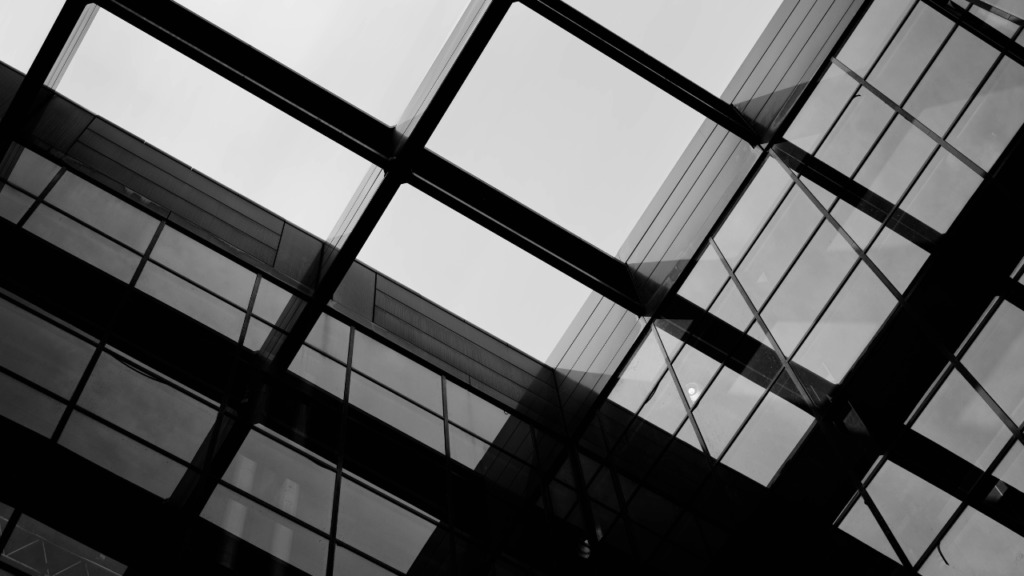
The tragedy of the 12-storey Miami apartment collapse brought pressing questions to many in the construction industry. A range of possible causes were considered, from structural defects to environmental influences. What could have triggered the sudden collapse of the 40-year-old block?
This article from the BBC has detailed some of the probable causes.
- The ground floor pool deck was identified as an area of concern in a structural inspection in 2018, with reports stating that it had got much worse since then. The engineer, Frank Morabito, warned that the deck was not sloped to drain, so any water “sits on the waterproofing until it evaporates”.
- The report said the waterproofing below the pool deck was “beyond its useful life” and causing “major structural damage to the concrete structural slab below these areas”. Failure to replace the waterproofing in the near future would, it said, cause the extent of the concrete deterioration to “expand exponentially”.
- Structural engineer, Greg Batista, who has carried out thousands of inspections on buildings in Florida, said damage to the concrete was one possible explanation for the collapse.
- A study from researchers at Florida International University published in 2020, found that the building was sinking at a rate of about two millimetres per year in the 1990s. Such movement can cause cracking and contribute to structural problems.
- Some people believe it’s possible that vibrations from the recent construction of the adjacent 18-storey tower block – Eighty Seven Park – may have caused some ground movement. Champlain Towers South residents raised concerns in 2019 that they had felt movement and shaking during the construction work but were told to monitor the situation.
While the root cause of the collapse might take years to be ascertained, there are valuable lessons to be had in the recent tragedy, especially for industry professionals in construction. One of them is that waterproofing issues are not to be taken lightly. The team at Industry Best Construction recognises the importance of sound and proper waterproofing and we remain committed to reducing and eliminating the issues of ‘leaky building syndrome’ through education.